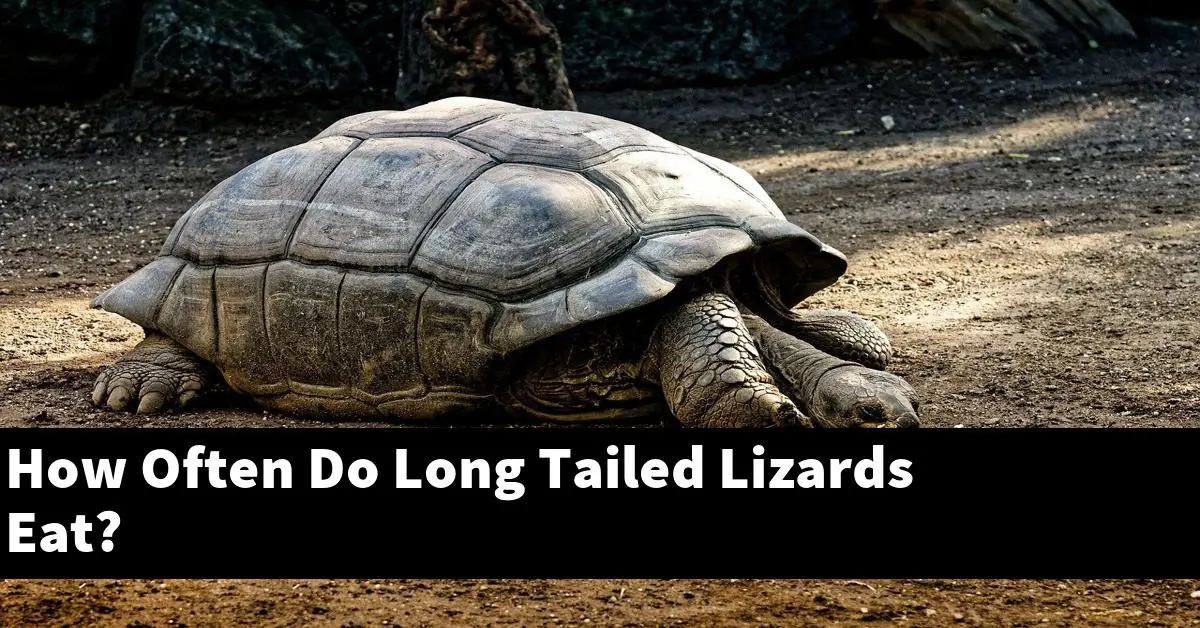Lizards are a type of reptile that can be found in warm climates all over the world. There are many different species of lizard, but one of the most common is the long-tailed lizard.
These lizards are usually between 6 and 12 inches long and have a long tail that makes up about half of their total length. Long-tailed lizards are mainly insectivores, meaning that their diet consists mostly of insects.
Table of Contents
How often do long-tailed lizards eat in the wild?
It depends on several factors, including the species of long-tailed lizard, the climate and weather conditions where they live, and the availability of food.
In general, however, long-tailed lizards tend to eat relatively frequently, often several times a day. This is because they have high metabolisms and need to consume a lot of food to maintain their energy levels.
What do long-tailed lizards eat and how often do they need to eat it?
Long-tailed lizards are omnivores, which means that they eat both plants and animals. Their diet consists of small insects, such as crickets and mealworms, as well as fruits and vegetables. They typically eat 10-15 crickets or mealworms per day.
How often do long-tailed lizards need to eat to stay healthy?
It is typically recommended that long-tailed lizards be fed every other day. However, some experts suggest that they may be able to go 3-4 days without food and still maintain their health. If you are unsure whether your lizard is getting enough to eat, it is best to consult with a veterinarian.
Summary
After doing some research, it seems that long-tailed lizards generally eat every day or every other day. However, there is some variation depending on the specific species of lizard and the availability of food.
Some lizards may eat more frequently when food is abundant, while others may go for longer periods without food when resources are scarce. Ultimately, it is important to pay attention to your individual lizard and make sure it is getting the nutrition it needs to stay healthy.

